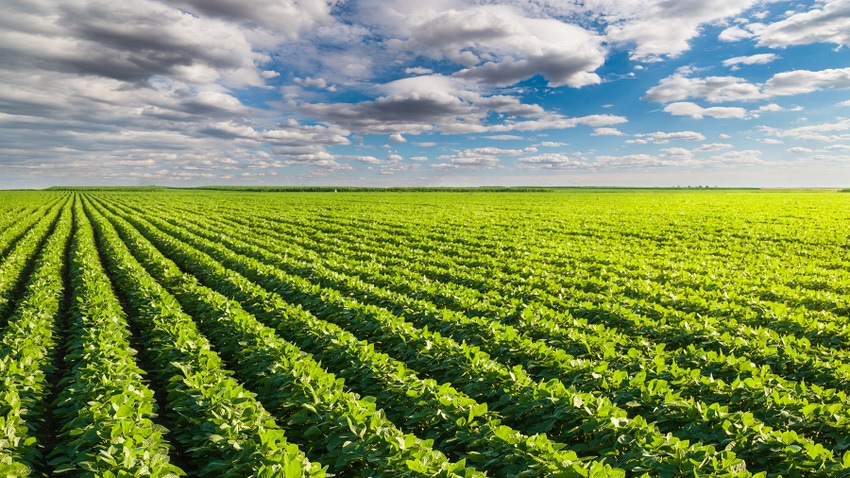June 23, 2023

The Rural Investment to Protect Our Environment or RIPE goal of farmers and ranchers receiving fair and equitable payments to voluntarily adopt climate-smart conservation practices has attracted a lot of attention.
Bringing any new national program to life is filled with challenges, but the producers who make up RIPE’s coalition of supporters believe the efforts are worth it because of the benefits they can bring to the environment and the economy.
“The RIPE Coalition is made up of agricultural leaders from across the country,” said Trey Cooke, RIPE’s executive director. “It includes our bipartisan and producer-led board of directors, individual farmers and ranchers on our Farmer Advisory Network, producers and organizations dedicated to equity on our Inclusion, Diversity, Equity and Access Committee and producer groups represented on our steering committee. (For more on those groups, visit www.RIPEroadmap.org.)
“The RIPE Coalition have put a lot of work into developing the list of RIPE principles and are involved in advancing those principles with other producers and policymakers. The RIPE principles and our list of vetted climate-smart practices comprise our 2023 farm bill platform.”
RIPE principles
Those include:
Payments above costs for implementing voluntary conservation practices in crop and animal agriculture are imperative to scale adoption.
Conservation programs must include a simple and streamlined enrollment process that enables all producers, including those who are early adopters and historically underserved, to easily access USDA conservation program funding.
Those agricultural conservation practices that provide the greatest economic and environmental benefits must be prioritized to maximize the public’s return on investment.
Equitable conservation incentive payments must include the full cost of practice adoption, including economic losses during transition to new practices and increasing production costs.
Additional payment consideration must be given to the value of stacked ecosystem benefits accrued through improved soil health, greenhouse gas reduction, clean water, water conservation, wildlife habitat and outdoor recreation.
“We’ve done an extensive amount of research that points to 28 existing NRCS practices that provide at least $100 per acre or animal unit in public value benefits,” said Cooke, who has spent most of his career working on conservation programs for producers. “In some cases, the benefits are worth much more than that.
“USDA felt comfortable enough with the concept to provide Virginia Tech with a three-year, $80-million Climate-Smart Agriculture grant to test RIPE’s principles,” he said.
Grant distribution
The grant, which besides Virginia Tech includes 20 other partners, has received final budget approval with an expected start date in July. At least $57 million in direct payments will go to between 4,500 and 6,500 producers in Arkansas, Minnesota, North Dakota and Virginia.
In Arkansas, the Arkansas Department of Agriculture will implement the project with support from the Arkansas Association of Conservation Districts. Producer group partners are the Arkansas Rice Federation, the Agricultural Council of Arkansas and the National Black Growers Council.
“We had hoped to begin sign-up this summer, but it likely will be fall or winter for producers to sign up for practices they will implement next spring and summer,” he noted.
Persuading Congress to adopt a new, national program that reflects the Virginia Tech-led Climate-Smart Agriculture grant and could involve thousands more producers and ultimately billions of dollars seems like an arduous task given that some House members seem intent on cutting rather than increasing government spending.
“But focusing on advancing key principles and the most valuable practices to scale voluntary conservation is certainly achievable,” he said.
Cooke and other RIPE leaders, who represent a cross section of agricultural producers in multiple states, believe the organization is in a good position as members of Congress take up the farm bill again now that the debt ceiling crisis has passed.
“These ideas have been well received on both sides of the aisle in Congress,” he noted. “We haven’t gotten much pushback on the basic concepts. The question that is raised is where does the money come from?”
With ongoing battles over funding for the farm bill, Cooke says the response is simple. “RIPE intends for its principles to illuminate the path forward, and Congress will ultimately decide where the money comes from.”
About the Author(s)
You May Also Like






